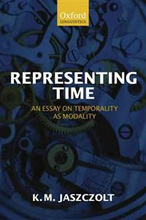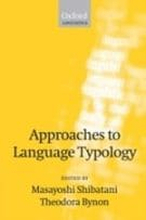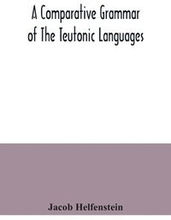
Language, Time, and Identity in Woolf's "The Waves"
CDON.COM
Focusing on the importance of formal experimentation for matters of content and meaning, this original interpretation of what Woolf called her “play-poem” argues that with its depiction of a certain social setting—populated by individuals that are often traumatized, hurt, and socially isolated—The Waves must be read both as an attestation to the social estrangement inherent in modern and metropolitan life and as an allegory of the collapse of the classical subject itself, as a model and a phenomenon, both in literature and in ordinary life. This book differs from other approaches to Woolf as a modernist dramatist of modernity; while others highlight the historically contingent features of Woolf’s dramatic interpretation of her times, Michael Weinman detects the emergence of an expressly atemporal model from this historical moment. The key mechanism that makes a new insight into Woolf’s modernist agenda possible is the discovery of Judith Butler’s theory of subjectivity as presenting a thesis that analyzes precisely that which Woolf, in this work of fiction, dramatizes: a figure, argued here to be the protagonist of Woolf’s work, called the “conspiratorial intersubjective self.” In short, Weinman demonstrates that the historical circumstances of Woolf’s “modernist” project in The Waves serve both concrete and allegorical roles, and that thinking about this work together with Judith Butler’s “performativity thesis” is the best way to see how.
1 163.00 kr



